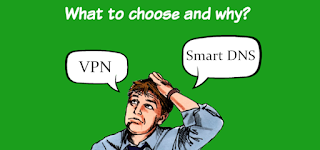VPN
VPN provides a special tunnel, let all traffic through VPN, and your IP would shown as VPN server's IP, then able to get unblock the geo-restricted resources. Good VPN providers offer servers located in the US, UK, the Netherlands and elsewhere in the world to enable you access resources from any country.
VPN allows you to unlock online game, bypass school, company and hotel's internet restrictions, unblock websites, browse web anonymously, hide & change IP. While, a VPN wasn't solely designed to allow you to get remote resources. You need to setup VPN on other devices like computers, smart phones or smart TVs.
RDP
Remote Desktop Protocol is designed to let you remote control a computer as though you were sitting directly in front of the remote workstation. If you were to perform a Google search on the remote machine, it uses that computer's Internet connection to transfer data - not the Internet connection on the computer you are sitting in front of. After you have remotely connected to a computer, you do actually have access to all of the local network resources, similar to a VPN.
You can use all of your work computer's programs, files, and network resources from your home computer. RDP has improved performance over low-speed dial-up connections through reduced bandwidth. RDP is designed to support many different types of Network topologies (such as ISDN, POTS, and many LAN protocols such as IPX, NetBIOS, TCP/IP, and so on). However, one drawback with RDP is that it is not secure.
The biggest difference between VPN and Remote Desktop is from where you can access remote resources. With a VPN, you can get the remote resources from online on your computer. With RDP, you need to logging into the remote computer to get the resources.

